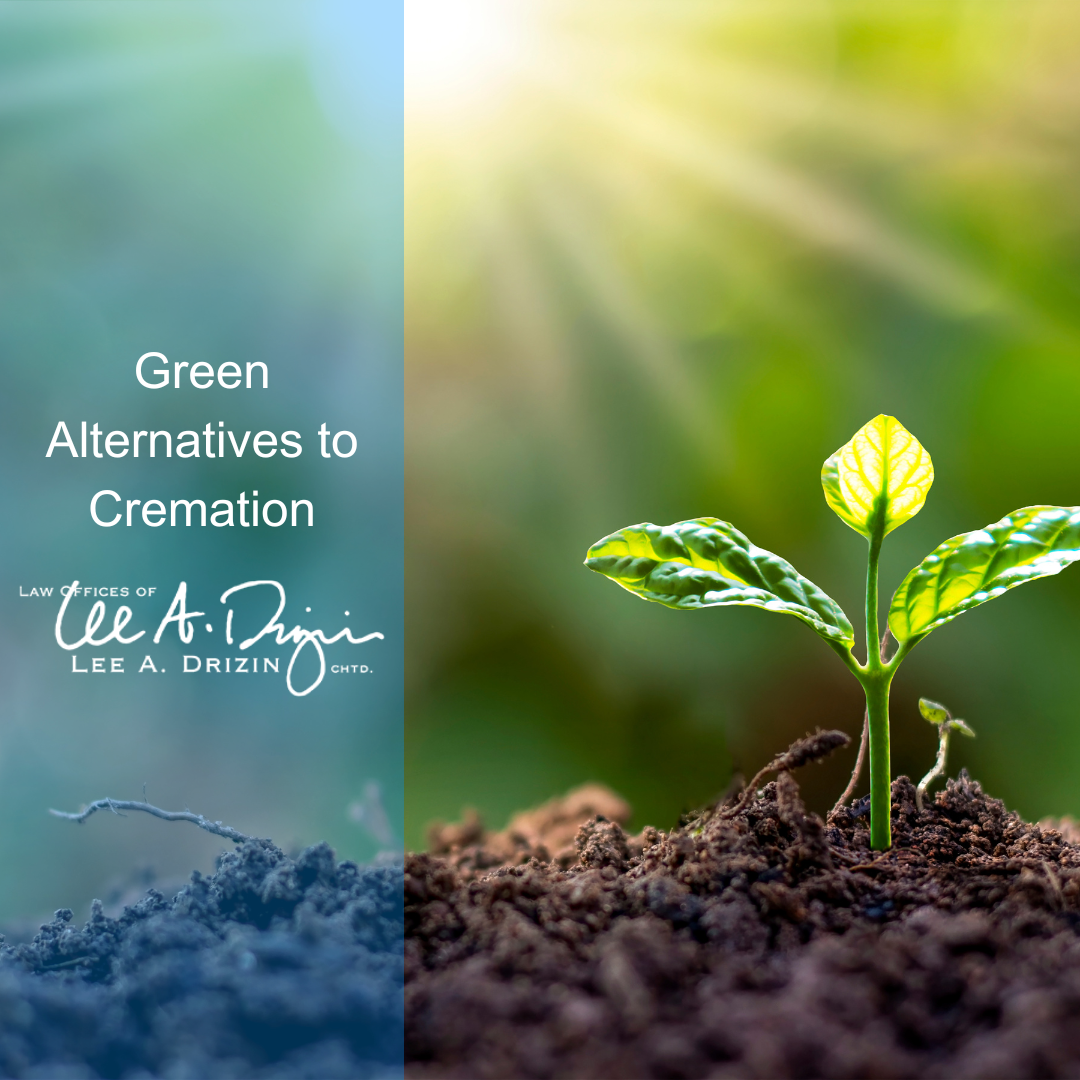Green Alternatives to Cremation
On May 30, 2023, Governor Lombardo approved AB 289 offering another alternative to traditional cremation. The new law broadens the state’s rules on cremation to include the accelerated conversion of human remains to the soil through the natural reduction of human remains, also known as “natural organic reduction” or “human composting.”
The Process. Human composting is the practice of breaking down human remains into fertile soil. Although the methods may vary by company, the body is laid to rest in a container, and carbon-rich materials such as wood chips fill the container along with the body. A mix of bacteria, fungi, and protozoa may be added to the container to speed up the composting process and ensure that as much of the body is composted as possible, and then the container is sealed. The temperature inside the container is monitored to ensure the ideal environment is present. Eventually, a sample of the compost is sent to a lab to determine if there are any bacteria present. Human composting generally takes two to four months for the body to decompose.
Financial Benefits. For a traditional burial, you’ll pay an average of $5,000 for the casket and possibly another $5,000-$10,000 for a burial plot. That doesn’t include the cost of embalming or a funeral service. Cremation is generally less expensive, but the total cost for cremation services and a funeral can still come to about $7,000. In contrast, the typical cost for human composting ranges between $2,500-$5,000.
Aquamation. Another alternative to traditional flame-based cremation, known as “Aquamation” has been legal in Nevada since 2017, and is a water-based process that reduces the remains to dust/ash, and is returned to the family. The body of the deceased is immersed for three to four hours in a mixture of water and a strong alkali, such as potassium hydroxide, in a pressurized metal cylinder and heated to around 150C. Aquamation gained international notoriety after the anti-apartheid hero, Bishop Desmond Tutu requested an eco-friendly cremation.
The Green Impact. These processes generally use much less energy than traditional cremation. They also eliminate smoke and the release of carbon into the atmosphere. Once the compost has been declared safe, the company can use it to encourage the growth of new plants and the compost can be spread in areas designated by the family. However, not all persons are in favor of human composting as certain religions maintain that it does not confer respect due to bodily remains.
Sources:
- https://www.webmd.com/balance/what-is-human-composting;
- https://www.theguardian.com/world/2022/jan/02/what-is-aquamation-the-process-behind-desmond-tutus-green-cremation








